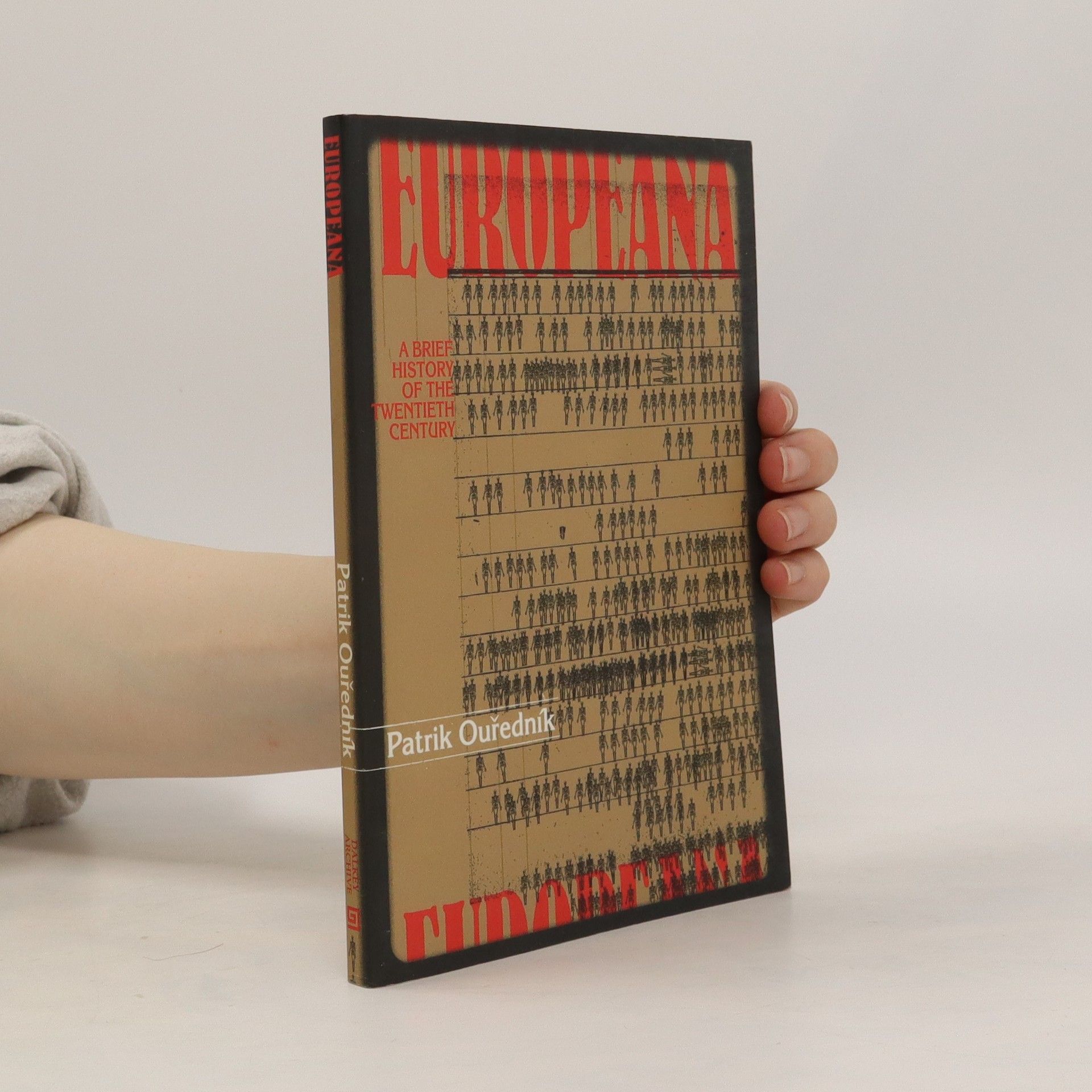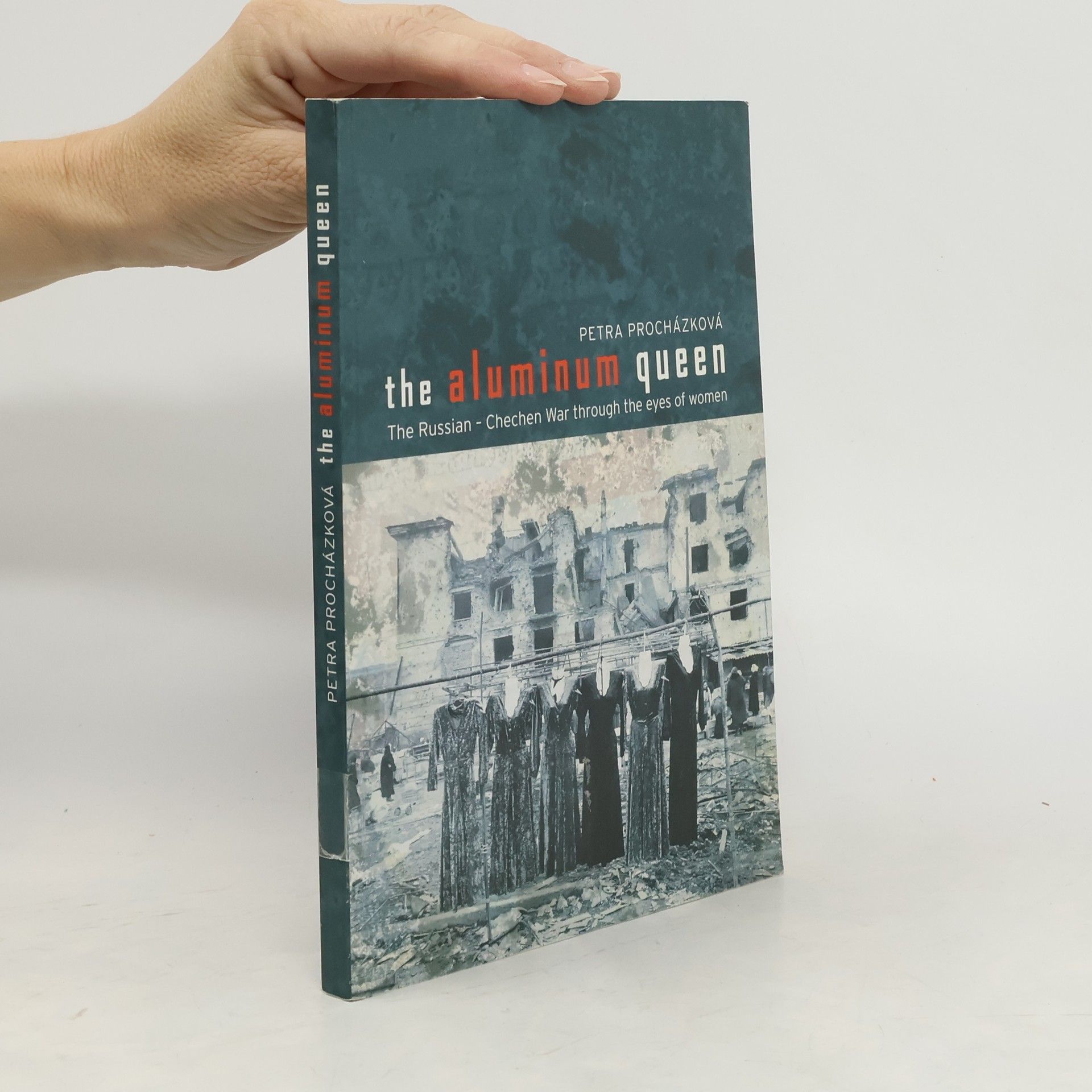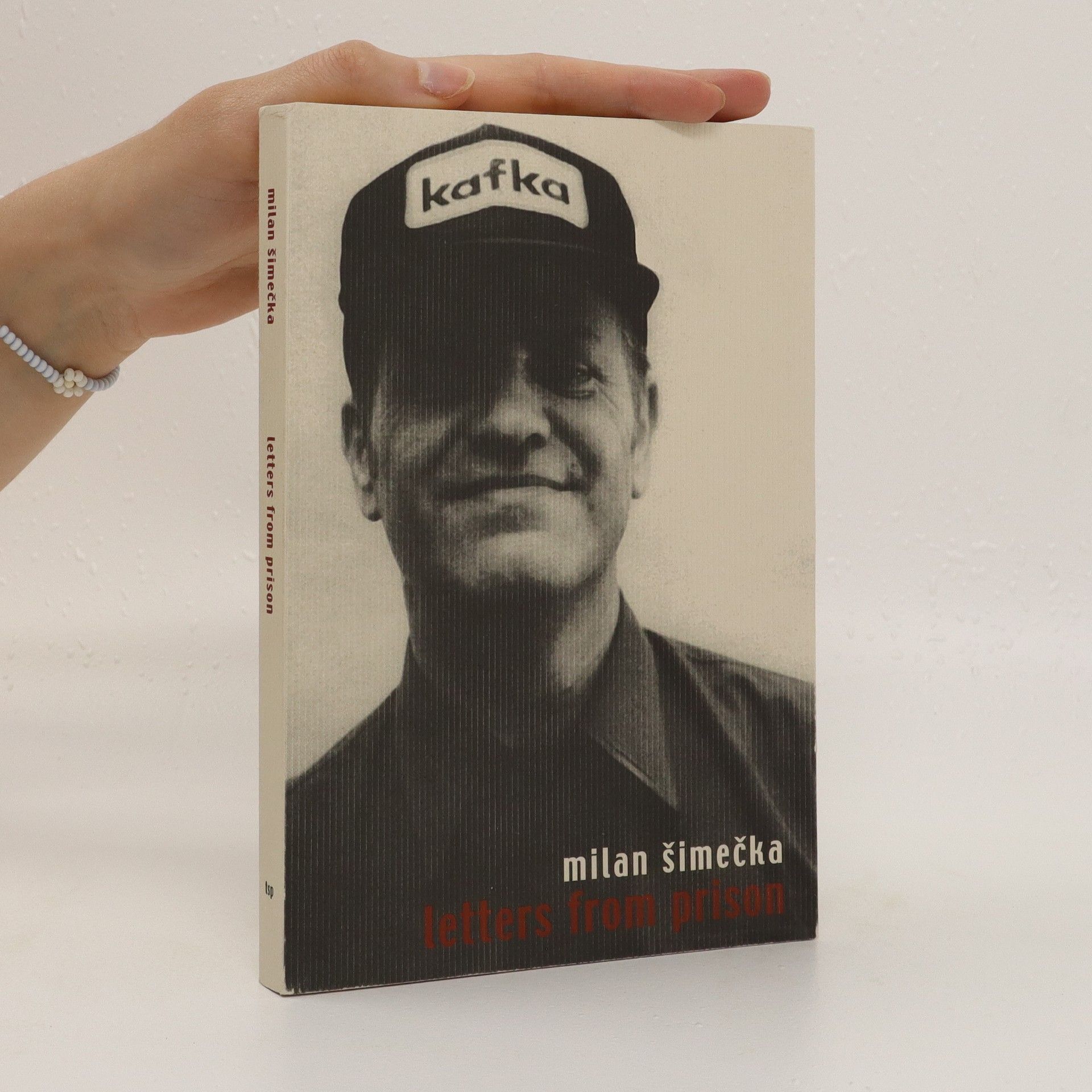Three Faces of an Angel
- 344pages
- 13 heures de lecture
A captivating three-generational saga set in the twentieth century, beginning when time was linear and ending with a less well-defined notion of progress.






A captivating three-generational saga set in the twentieth century, beginning when time was linear and ending with a less well-defined notion of progress.
Next to Vaclav Havel, Milan Šimečka was the most important, and most widely translated, dissident opposing Czechoslovakia's communist regime. Many of his essays and articles appeared in leading American and British periodicals during the 1970s and 80s, and his book, The Restoration of Order ( Verso, 1984), is considered a brilliant analysis of real socialism and the neo-Stalinist normalization policy instituted under Gustav Husak.Simecka was imprisoned from 1981-82 under Paragraph 98 of the Criminal Code ("Subversion of the Republic"). His smuggling his texts out of the country to be published abroad. The letters in this volume were written during his stay in prison. In them he was not allowed to mention politics, so he wrote about people, love, and human relations. The selection of letters presented here bear witness to his attitude to other people, to his imprisonment and the period in which he lived, as well as his personal philosophy. They contain philosophical reflections as well as practical advice to his sons and words of encouragement to his wife. Similar to Havel's Letters to Olga, Šimečka's Letters from Prison give us a glimpse into the difficult struggle undertaken by Czechoslovak dissidents in opposition to a Soviet-styled regime that was considered the most hard-line in Eastern Europe.
Kniha rozhovorů naší přední novinářky se šesti ženami o jejich pohledu na rusko-čečenskou válku.
Told in an informal, mesmerizing voice, Ouredník represents the twentieth century in all its contradictions and grand illusions, demonstrating that nothing substantial has changed between 1900 and 1999—humanity is still hopeful for the future and still mired in age-old conflicts. As he demonstrates that nothing can be reduced to a single, true viewpoint, Ouredník mixes hard facts and idiosyncratic observations, highlighting the horror and absurdity of the twentieth century and the further absurdity of attempting to narrate this history.
"Kristyna, a dentist, lives in Prague with her unruly teenage daughter, Jana. Born on one of the most momentous days of the last century - the day Stalin died - Kristyna's life seems full of uncertainties. Stories of the death of her grandmother and aunt; memories of her difficult relationship with her late father, a member of the Communist Party's feared Peoples Militia; and strange, threatening letters from an anonymous correspondent all serve to compound her sense of unease." "During the summer of 1998 she embarks on a relationship with Jan, a thirty-year old former student of her ex-husband's. Jan's father, a scout-leader, was persecuted by the Communists during the 1950s; his son is now employed by the government to investigate the crimes of the post-war regime. However, not all are happy with his department's discoveries and they come under growing pressure from the government to disband. Meanwhile, Jana's increasingly erratic behaviour betrays her growing addiction to drugs and her mother is forced to take drastic action in an attempt to change the course of her life."--Jacket
Telling the story of Kristyna, a 45-year-old dentist and her unruly 16-year-old daughter, No Saints or Angels is set in contemporary Prague. It spans three generations, taking in the World War II, Communist and post-Communist times.